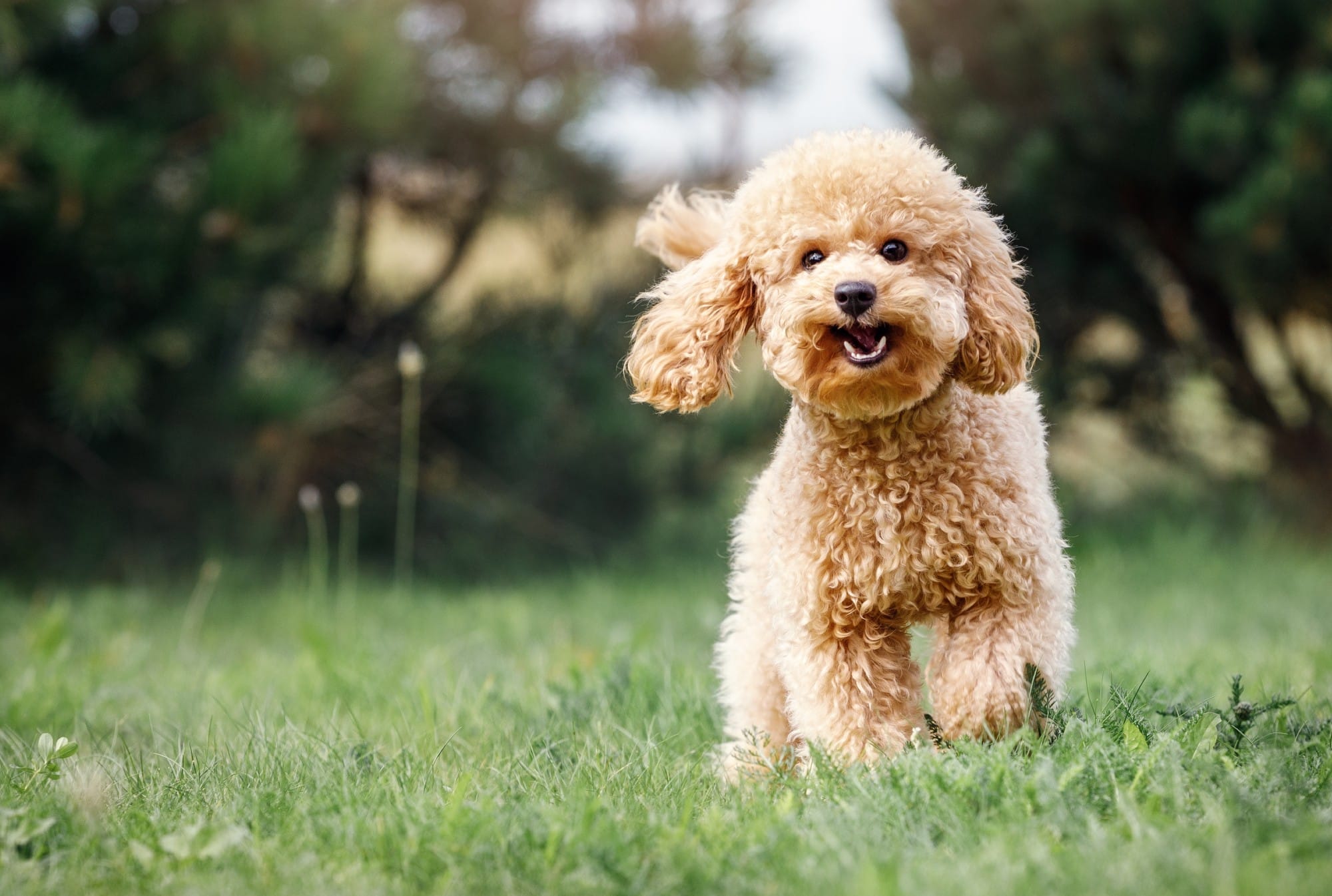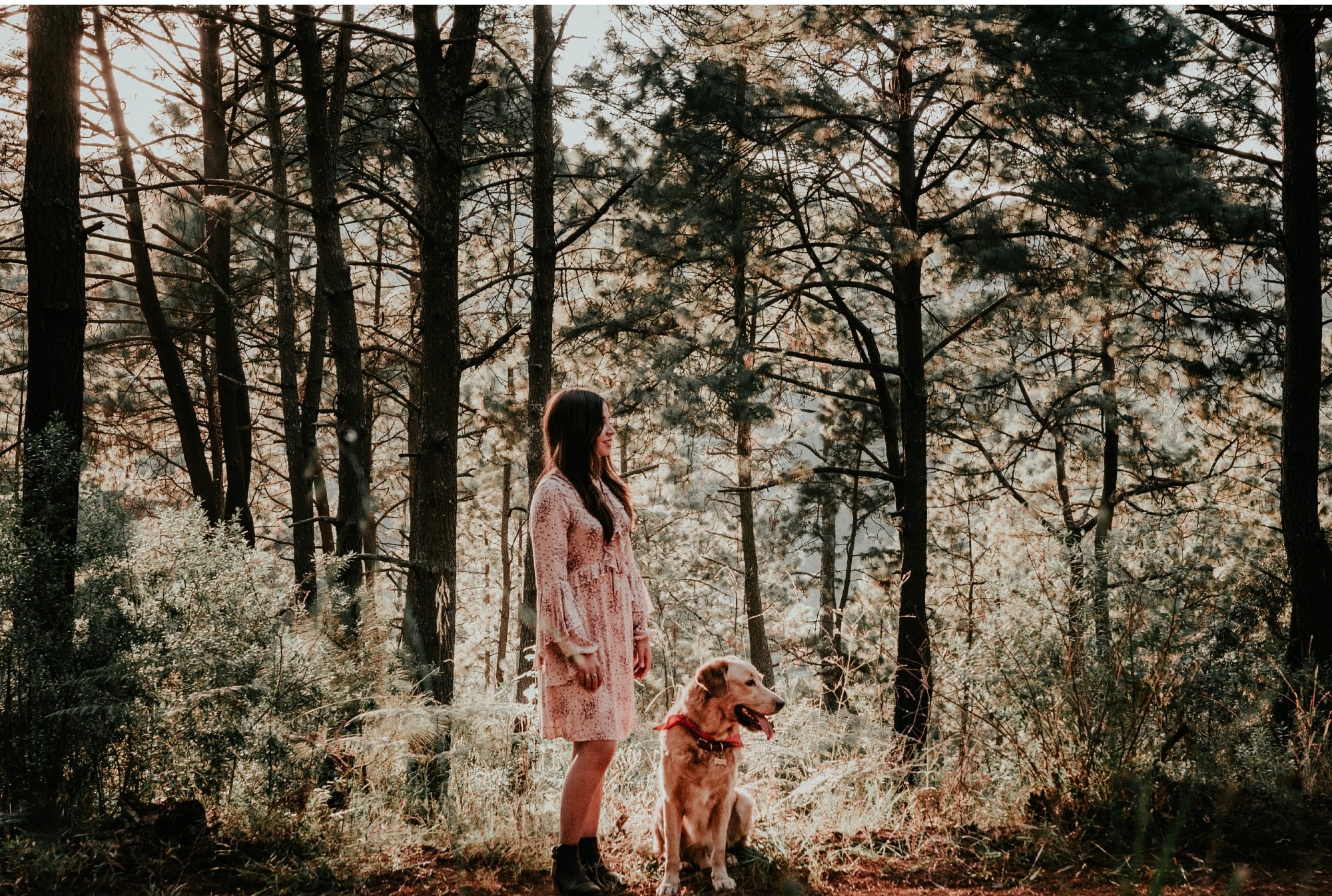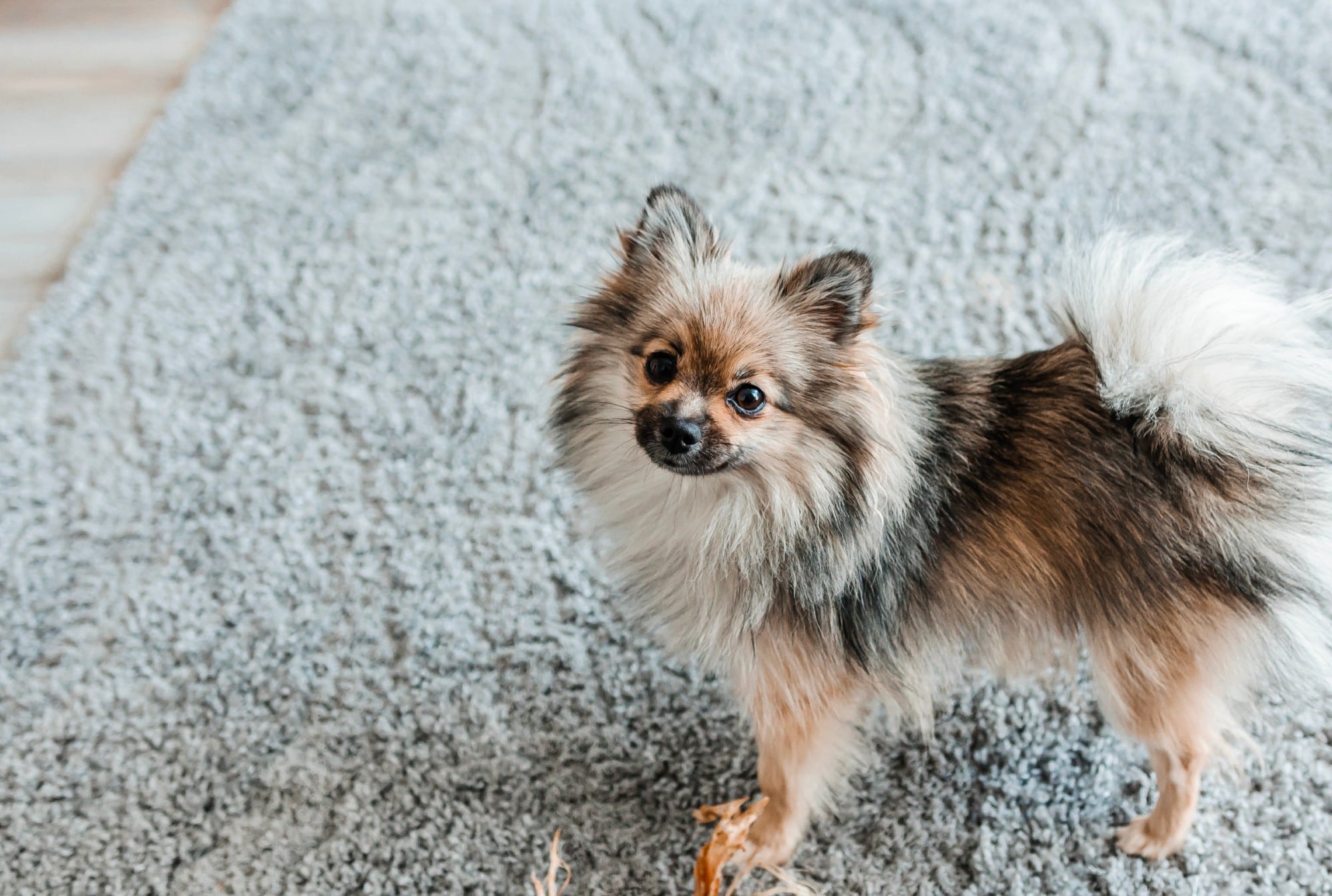Raw honey tastes good! It’s also good for us — and for our dogs. Honey can help dogs that have environmental allergies, infections, kennel cough, gastrointestinal problems and wounds including burns, hot spots, and pressure sores.
That’s because honey is among the most powerful natural remedies, providing nutrients including vitamins A, B complex, C, D, E and K, along with minerals such as calcium, copper, iron, magnesium and manganese.
Honey is an excellent source of flavonoids, which are powerful antioxidants that have anti-inflammatory and immune system benefits. Plus, with it being a good source of enzymes, honey is antibacterial, antimicrobial, antiseptic and antifungal. It even kills resistant bacteria including MRSA.
But not all honey is the same. Supermarket honey is often diluted with high fructose corn syrup, and it’s been heated and cooled to render a smooth appearance. All that can destroy honey’s benefits.
Raw local honey is the most powerful, because it has the highest concentration of fresh nutrients, and it contains minute amounts of local pollen that can help ease the symptoms of allergies. Raw honey that has a darker color like buckwheat, sage, chestnut, dandelion, meadow, heather, honeydew, jarrah, and tupelo, contain the most antioxidants. Manuka honey from New Zealand has the highest antibacterial properties of any honey in the world.
Related: Are Chinese Herbs the Next Big Thing in Treating Painful Conditions That Affect Your Dog?
Here are some of the ways that honey can improve your adult dog’s health:
1. Alleviate allergies
Honey helps dogs with seasonal allergies, year-round allergies and food allergies.
Seasonal allergies manifest in dogs differently than in humans. In spring, summer and fall, the symptoms of seasonal allergies are:
- Scratching
- Red, irritated skin
- Obsessive licking of belly or paws
- Rubbing the face on things like carpet, pillows, sofas, etc.
- Hair loss
- Hot spots
- Inflamed stinky ears
- Shaking the head
Use local raw wildflower honey for the best result. Wildflower honey covers the largest amount of plants and flowers. Honey works for allergies by exposing your dog to very low levels of the substance causing the allergic reaction so that your dog will develop an immunity over time.
For large dogs, add 1 tablespoon of local raw honey twice a day to his food. For smaller breeds, add 1 teaspoon. You may have to heat the honey slightly to make it easy to pour.
2. Heal wounds
Honey acts as an antibacterial and disinfectant when applied to cuts, scratches, bites, hot spots, pressure sores or burns. Apply the honey directly onto the wound, and then wrap the area with a bandage so your dog can’t lick it off.
Manuka honey works the best for this as it helps eliminate bacterial infections, reduce inflammation, swelling and pain, along with helping stimulate the growth of new skin.
The thickness of the honey creates a barrier and protects the wound so it can heal. If you heat the honey to a lukewarm temperature, it will be easier to apply.
For minor burns, gently clean the area first with a diluted solution of apple cider vinegar, which acts as an antiseptic. Use 10 tablespoons of cool water to one teaspoon of vinegar. Then apply a thick coat of honey every 10 minutes until the pain appears to decrease. Cover the wound with a light bandage, and don’t allow your dog to lick or bite the area.
Important note: Only use vinegar on a closed, minor wound. If the burn is open, large or deep, take him to a veterinarian before putting anything on it.
For hot spots, trim or shave the hair around the area until you see healthy skin. Then clean the area using Povidone Iodine, which is usually available at your local pharmacy or supermarket; dilute the iodine first to the color of ice tea. Use a gauze pad to blot the area, and apply a light coating of Manuka honey (warmed slightly until it is soft and easy to pour) to the hot spot. Repeat cleansing and honey application twice a day.
However, if the hot spot gets larger, take your dog to the veterinarian.
Related: With the Dog Flu on the Rise, Here Is What You Can Do to Protect Your Pup
3. Soothe kennel cough
Honey is soothing for any kind of cough. Use Manuka honey, and feed ½ to 1 teaspoon depending on the size of your dog. It usually provides instant relief.
Start with just once a day. If your dog handles it well and has a good reaction, you can increase the frequency up to 4 times a day.
4. Aid digestion
Honey can help with a range of gastrointestinal problems including indigestion, diarrhea and constipation. But before you use honey, rule out any issues with his food.
Mix some honey into your dog’s food daily. Manuka honey will work best. For larger dogs, feed 2 teaspoons twice a day; for medium-sized dogs, 1 teaspoon twice a day; and for small dogs, feed 1/2 teaspoon twice a day.
If after a few days, you don’t see any improvement, especially if the problem is severe, take your dog to the vet.
5. Boost energy level
Humans go for a cup of joe. For dogs, raw honey acts as a natural source of energy, endurance and vitality. Its natural sugars stimulate the body, especially for older dogs, helping them get in the exercise they need for good health.
Use either local raw honey or Manuka honey. For larger dogs, feed 1 tablespoon a day; for medium-sized dogs, 2 tablespoons a day; and for small dogs, feed 1 tablespoon a day.
While honey can do wonders for your dog, it is important to check with your veterinarian before using it as a remedy. Also, make sure your dog is past the puppy stage and don’t get carried away — too much honey can cause weight gain and dental disease.
Related: The 5 Best Water Purifiers to Protect Your Dog From Toxic Chemicals Coming From Your Faucets



















